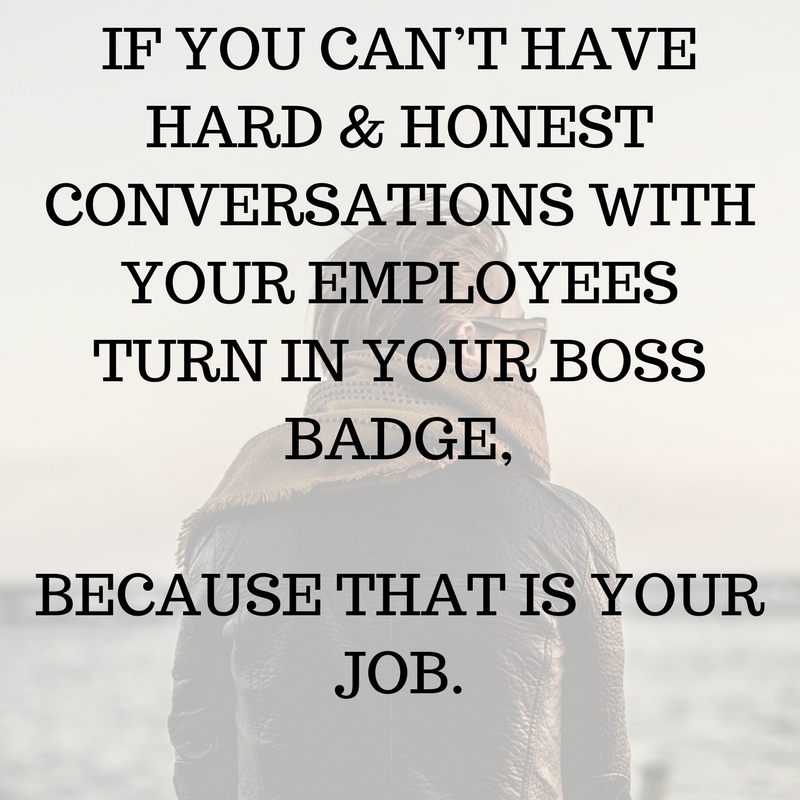7 Scripts To Say No With Respect
It is questionable if ‘No’ is a full sentence, but it is a terrible answer to give another human being.
Whether you are a parent, a spouse or a boss, saying “no” to others isn’t always easy.
But it’s a message that can be delivered with kindness.
Kindness to yourself, and the people around you.
Think about it.
Do you want to go out for coffee with a mentor who’s stretched to the max and resentful?
Do you want your star employee to stay silent if she’s drowning in too many projects?
Of course not.
You want the people you care about to be happy and sane! Those people must also include you. Saying no doesn’t limit your opportunities either — it opens you up to the right ones.
Read about using silence as a conversation tool
It’s not just about the words you use, but how you say them. If you want to say no with grace and compassion, keep these tips in mind:
Be Quick – Saying no doesn’t get more comfortable if you wait. Respond as quickly as makes sense — it’s a sign of respect and gives you peace of mind.
Be Polite – Thank them for thinking of you and, if appropriate, congratulate them.
Give AN Alternative – If you can’t do it, ask how else you can contribute.
Give The Reason – Research shows that the word “because” makes people more likely to do something. It softens the blow and provides context.
Don’t Lie – Whatever you say, be truthful. If you can’t be sincere, then don’t say anything besides a kind “no.”
Don’t Apologize – You can say that you’re sorry to miss the event or program, but don’t apologize for saying no. You haven’t done anything wrong.
Read about talk to your people when times are bad
HERE ARE 7 SCRIPTS YOU CAN START USING TODAY
HOW TO SAY NO TO YOUR BOSS WHEN YOU DON’ T HAVE THE TIME … I hear how important this is. Can we look at my current priorities together? There’s a lot in motion right now, and I want everything to be done right.
Why it works: “Can we look at my priorities?” shows that you’re on top of things. It also reminds your boss that there are consequences to shifting your focus.
HOW TO SAY NO TO YOUR BOSS WHEN YOU DON’ T AGREE … I don’t think we should move ahead with this strategy, but I do have another idea that might work way better to help our customers. Are you open to another perspective?”
Why it works: Instead of being disagreeable, propose an alternative, this proves you’re invested and committed to helping the team get the desired outcome.
HOW TO SAY NO WHEN YOU’RE OVERSTRETCHED AND OVERCOMMITTED … “I have to pass on this one. I’ve been burning the candle at both ends and promised I wouldn’t take on any more commitments until I had a chance to get back on track.”
Why it works: It’s simple, truthful and transparent.
Read about too many priorities
HOW TO SAY NO TO HAVING YOUR BRAIN PICKED … Ask what they realy want.
Why it works: People ask because they need something, you can save time and still be helpful by merely asking what they want.
HOW TO SAY NO TO REQUESTS THAT ARE NOT YOUR AREA OF EXPERTISE …”Great idea, but I have to pass because the project falls outside of my expertise. What you need is a person who does X. Here are a few referrals to get you started:”
Why it works: Referrals are a fantastic way to support your client, grow your network and keep everyone working in their zone of genius.
HOW TO SAY NO TO CLIENTS WHEN YOUR SCHEDULE IS FULL … I have to pass because my schedule is full right now and I wouldn’t be able to give your project the attention it deserves.” Why it works: By calling out your inability to “do a good job,” you’re showing how much care you put into each project.
HOW TO SAY NO TO WHEN YOU’RE TOO BUSY: … “Thanks for thinking of me, but I’m not able to accept given my other commitments.”






